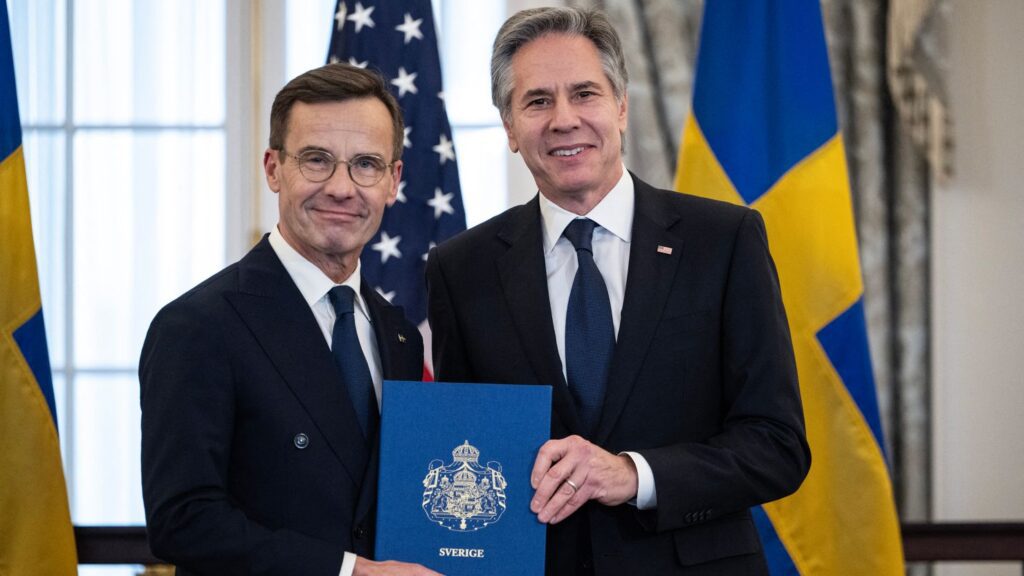NATO’s role in countering hybrid threats and cybersecurity challenges is crucial for the security and stability of member countries. Hybrid threats, which combine conventional military tactics with unconventional methods like cyberattacks and disinformation campaigns, pose a complex challenge that NATO is actively addressing. By developing comprehensive approaches to hybrid warfare and establishing a Cyber Defense Pledge, NATO is enhancing its capabilities to deter and respond to these evolving threats. With the establishment of a Cyber Operations Center, NATO is actively monitoring and responding to cyber incidents in real-time. Overall, NATO’s efforts in countering hybrid threats and cybersecurity challenges demonstrate its commitment to protecting its members from emerging security threats.
NATO’s Role in Countering Hybrid Threats
NATO, the North Atlantic Treaty Organization, plays a crucial role in countering hybrid threats that combine conventional military methods with unconventional tactics such as cyberattacks, disinformation campaigns, and economic coercion. These hybrid threats pose a significant challenge to the security and stability of NATO member countries.
Definition of Hybrid Threats
Hybrid threats are a combination of conventional, irregular, and asymmetric means used in a coordinated manner by state and non-state actors to achieve their objectives. These threats can be characterized by their complexity, ambiguity, and the blurring of lines between military and non-military activities.
NATO’s Response to Hybrid Threats
NATO has recognized the importance of countering hybrid threats and has taken several actions to enhance its capabilities in this area. This includes developing a comprehensive approach to hybrid warfare that combines military, diplomatic, economic, and information tools to deter and respond to such threats.
NATO’s Role in Cybersecurity Challenges
Cybersecurity has become a top priority for NATO as cyberattacks have increasingly become a major threat to national security and stability. These attacks can target critical infrastructure, disrupt communication networks, and steal sensitive information.
Definition of Cybersecurity Challenges
Cybersecurity challenges involve protecting computer systems, networks, and data from cyber threats such as hacking, malware, phishing, and ransomware attacks. These threats can have serious consequences for national security, economic stability, and the safety of individuals.
NATO’s Response to Cybersecurity Challenges
NATO has established a Cyber Defense Pledge that commits all member countries to enhance their cyber defenses and increase cooperation in responding to cyber threats. The organization has also established a Cyber Operations Center to monitor and respond to cyber incidents in real-time.
Conclusion
In conclusion, NATO plays a vital role in countering hybrid threats and cybersecurity challenges that pose a significant threat to the security and stability of member countries. By developing comprehensive strategies and enhancing capabilities in these areas, NATO is better equipped to respond to the evolving nature of modern warfare and protect its members from emerging security threats.
